
Choosing The Right Cleaning Supplies For Your Business – A Buyer’s Guide
Maintaining clean business premises is not just about appearance—it enhances employee well-being, creates a professional environment that delights customers, and...
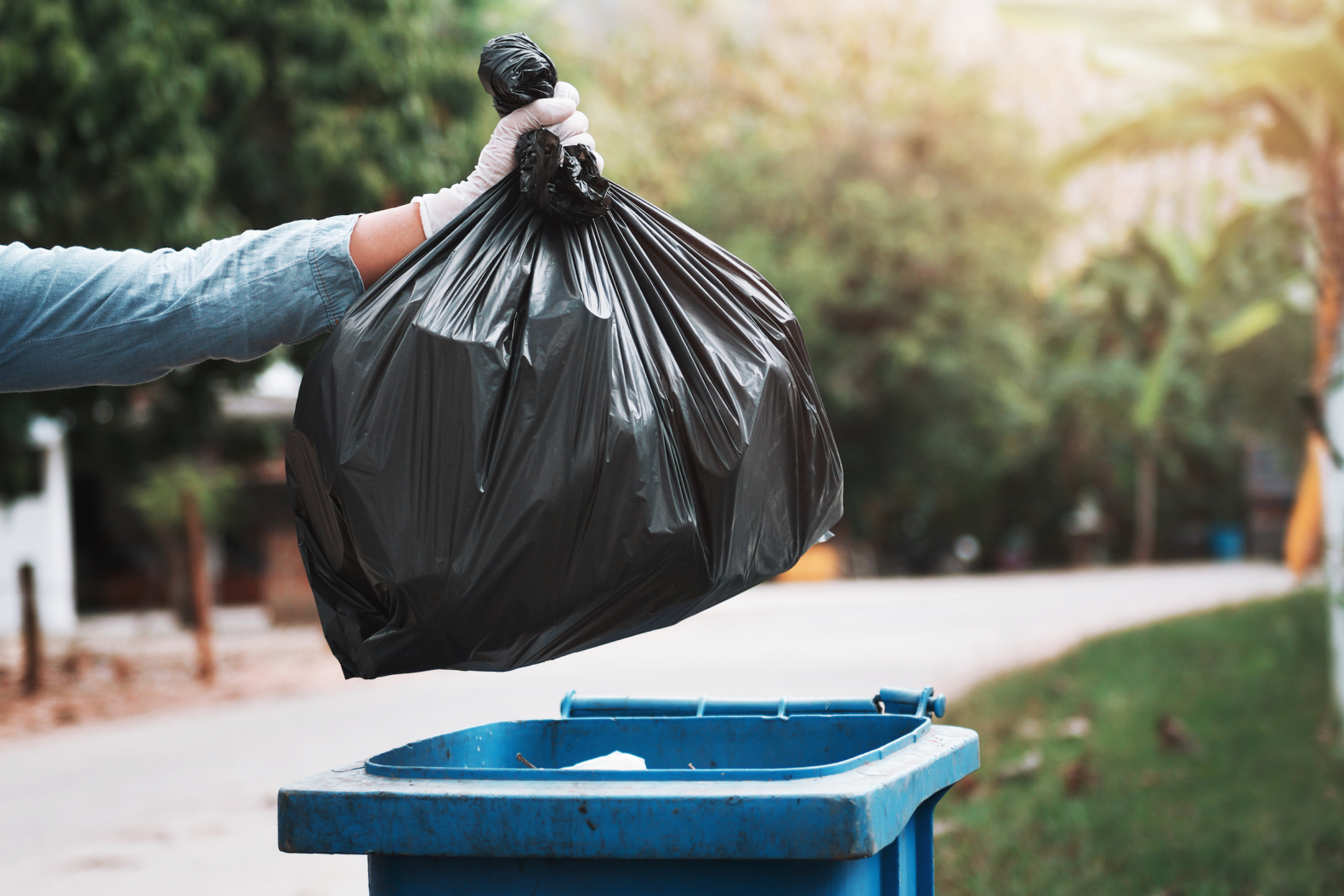
Get 20€ off on your first order!
Not sure which garbage bag material is best for you? With choices like plastic, biodegradable, and compostable, it can be tricky to decide. By the end of this article, you’ll understand the differences between these options and how to choose the right one based on your needs.
We’ll provide expert insights to help you select the best bag for your waste type, whether it’s heavy-duty, eco-friendly, or compostable. Plus, we’ll offer tips to make your waste management even easier.
We’ve got the solutions you need, not only for choosing the right garbage bag but also for future waste-related decisions. Let’s get started!
For a comprehensive overview of selecting waste management tools, refer to our main article.
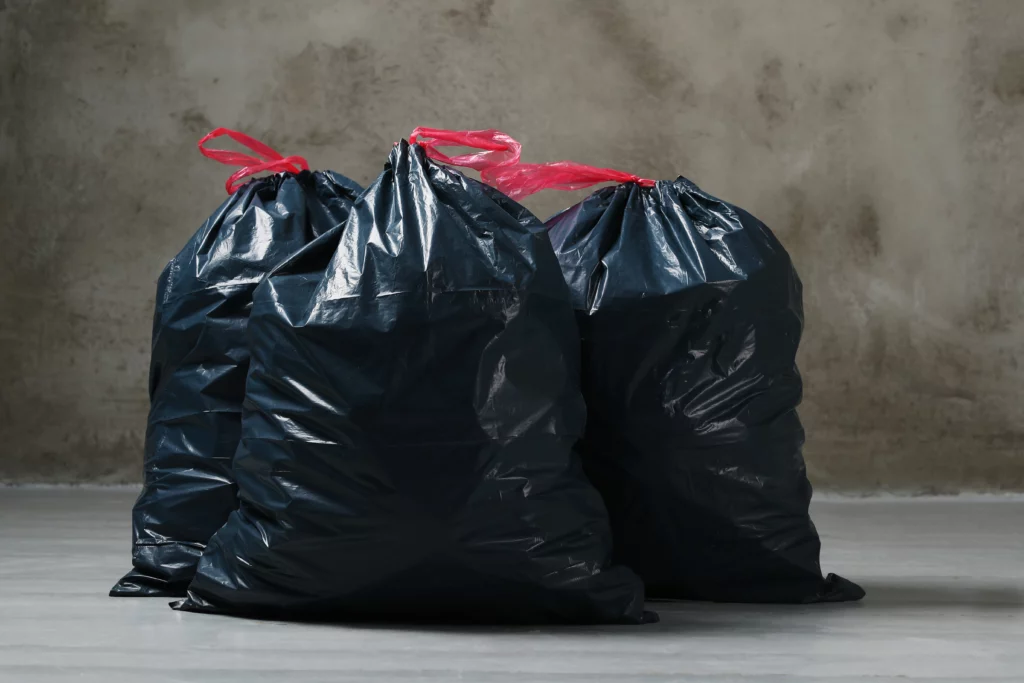
Plastic garbage bags are the most widely used due to their durability and cost-effectiveness. Made from polyethylene (PE), these bags are highly resistant to tears and moisture.
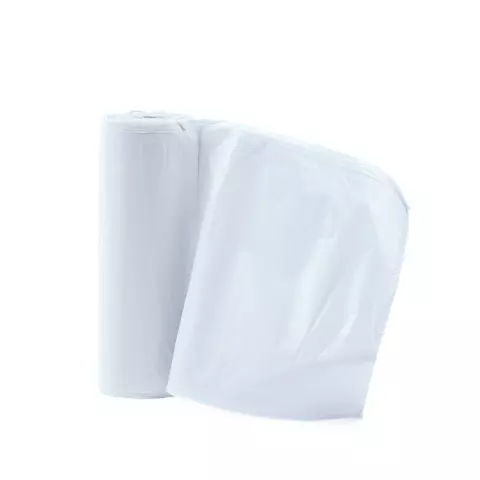
/package
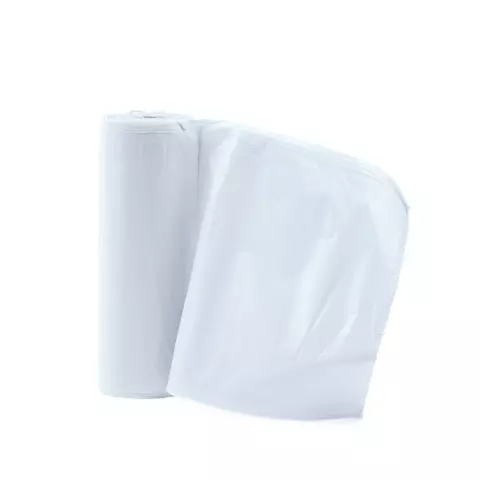
/package

/package
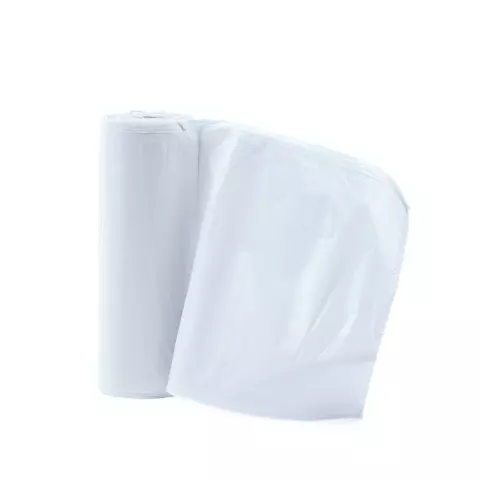
/package

/package
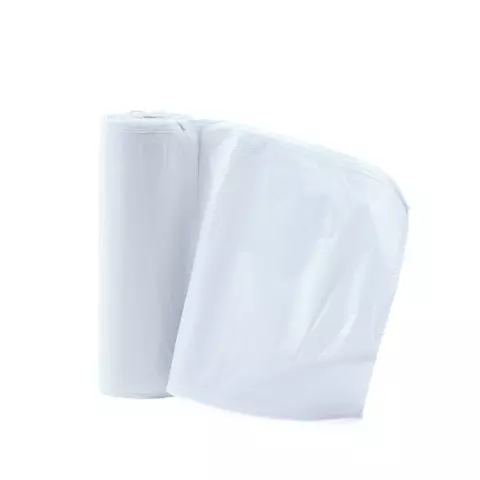
/package
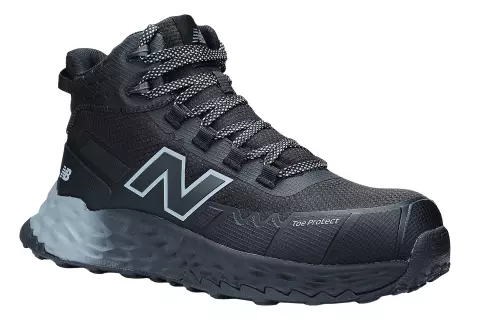
/package
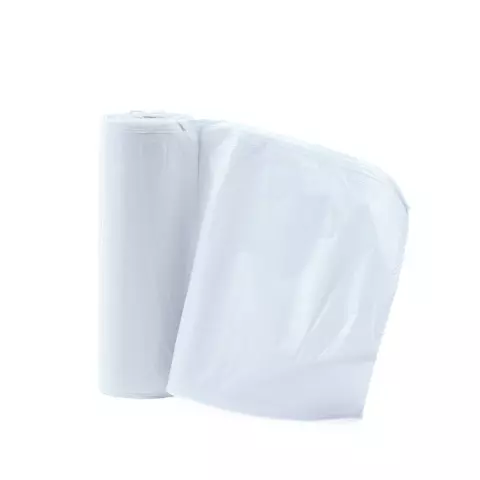
/package
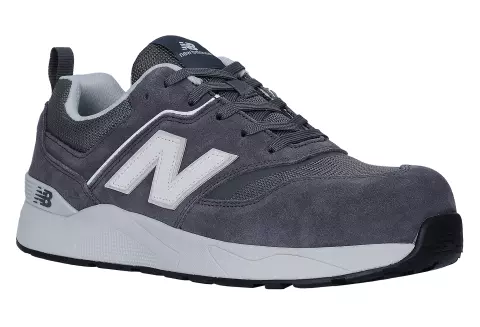
/package
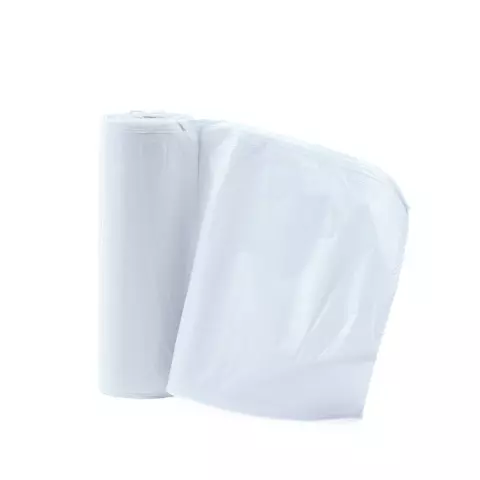
/package
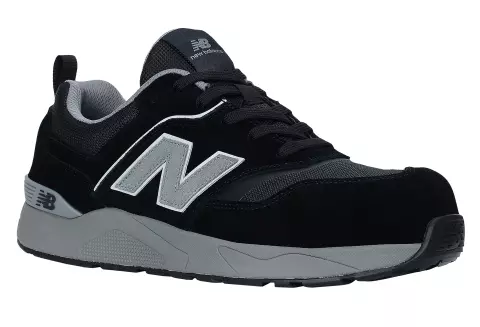
/package
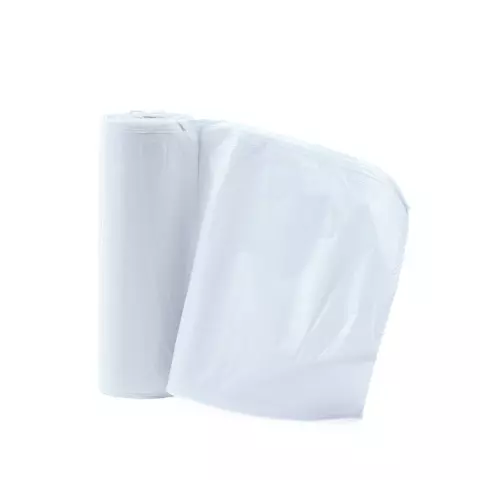
/package
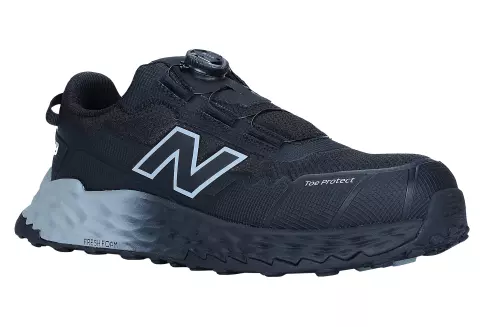
/package
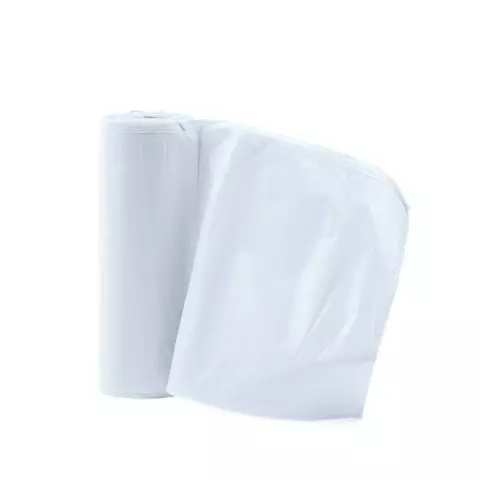
/package

/package
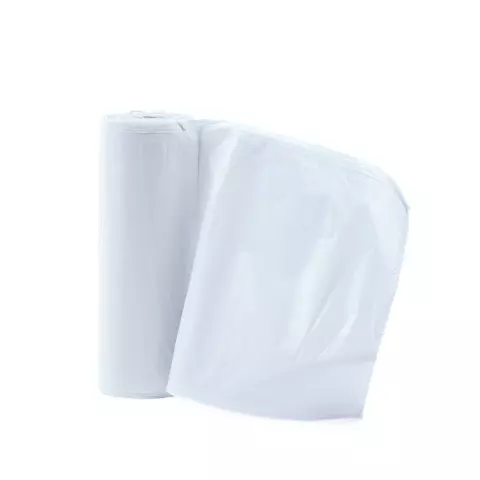
/package

/package
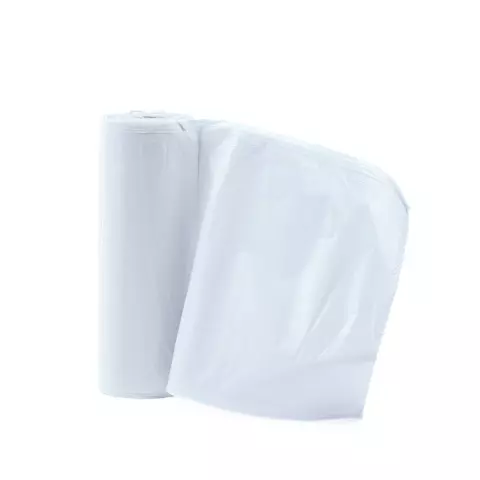
/package
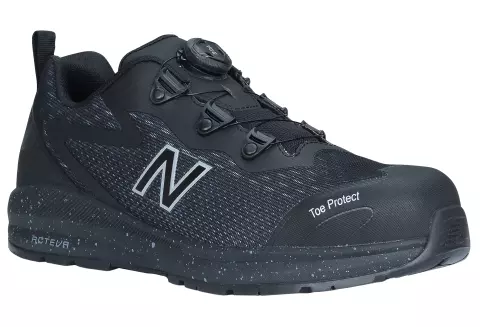
/package
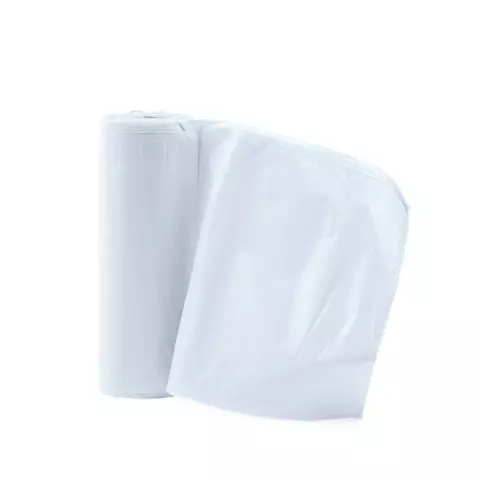
/package
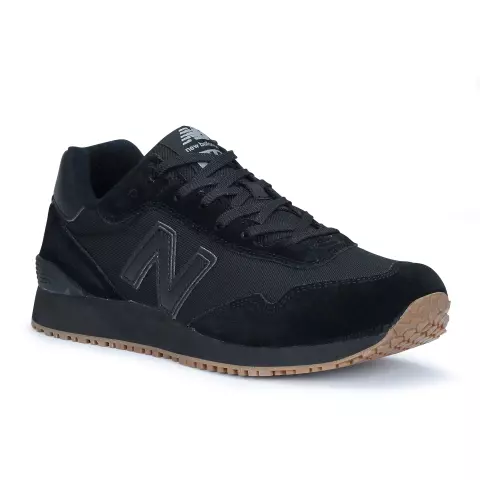
/package

/package

/package
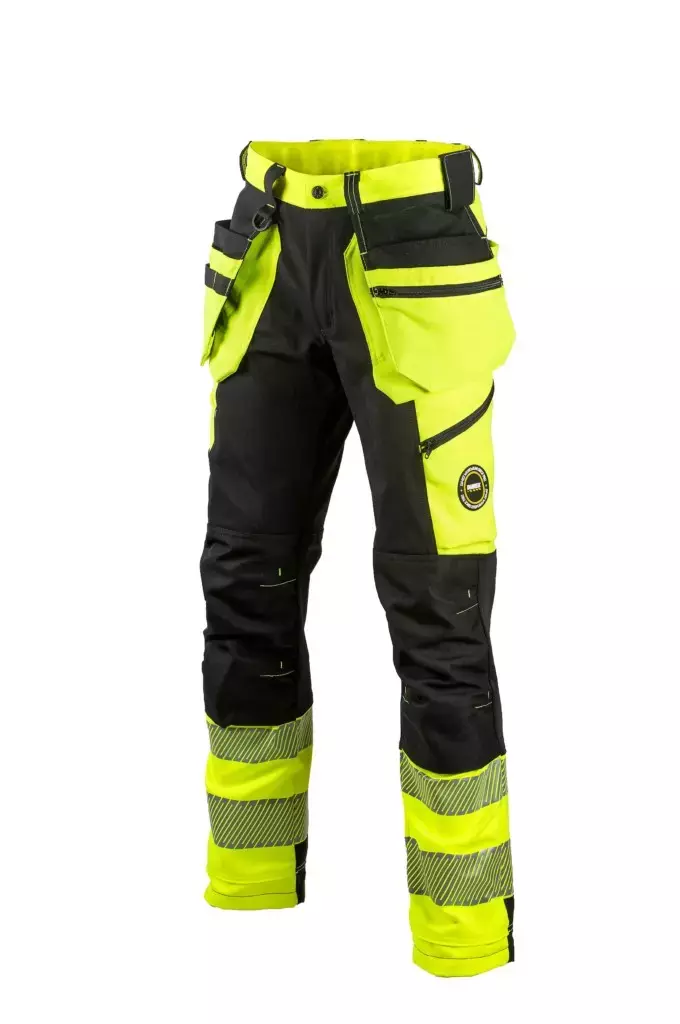
/piece
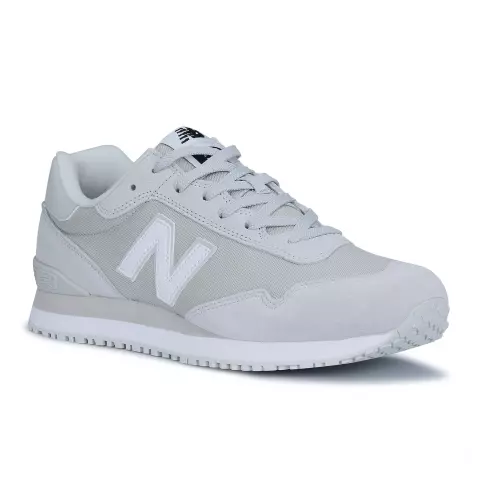
/package
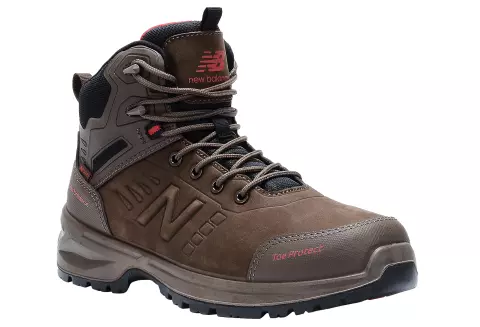
/pair

/pair

/package

/package
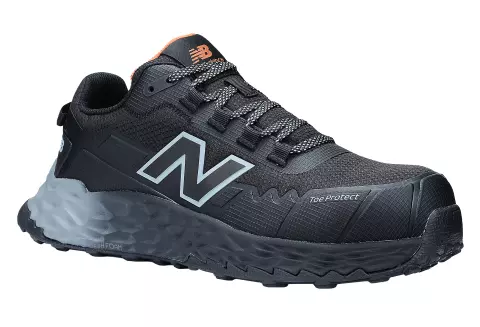
/package

/package

/package

/pair

/package
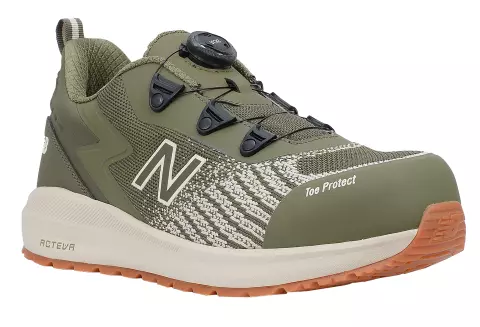
/pair
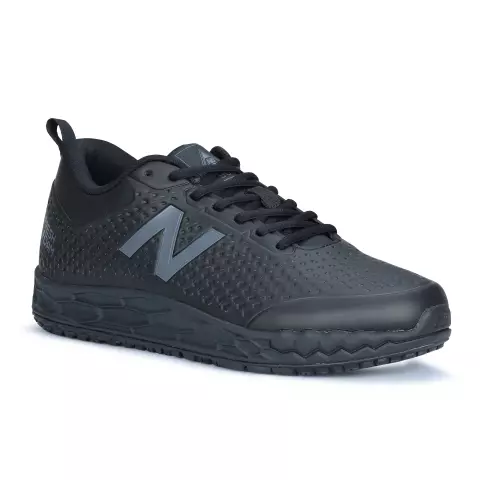
/package

/package

/package
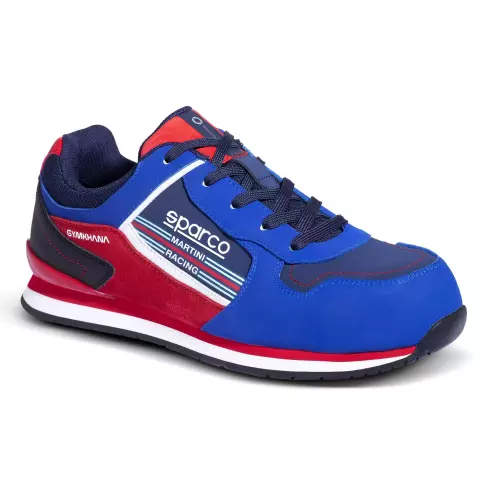
/pair

/pair
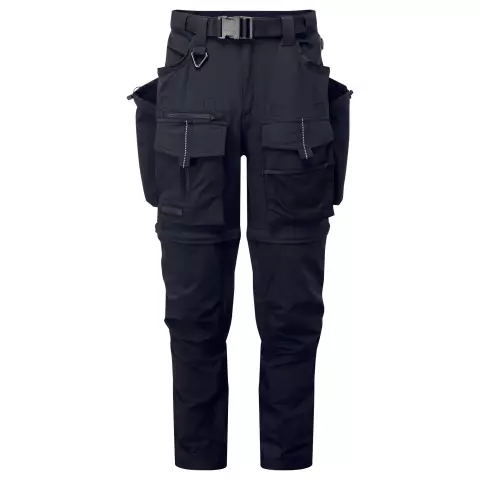
/package
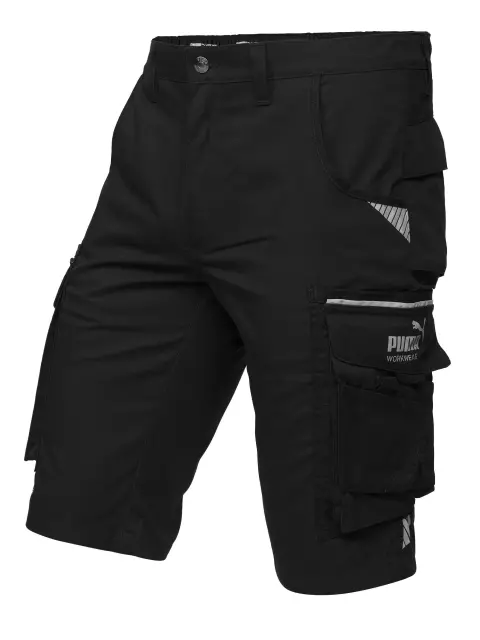
/piece
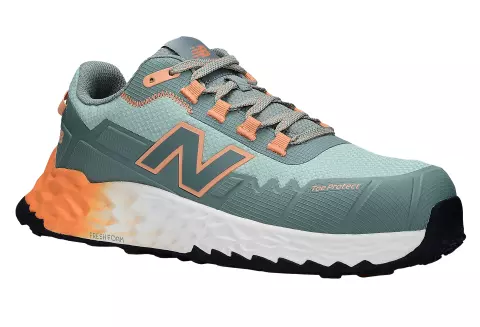
/package

/package
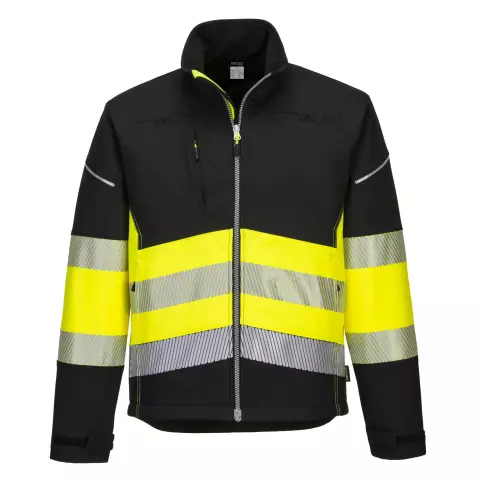
/package

/package
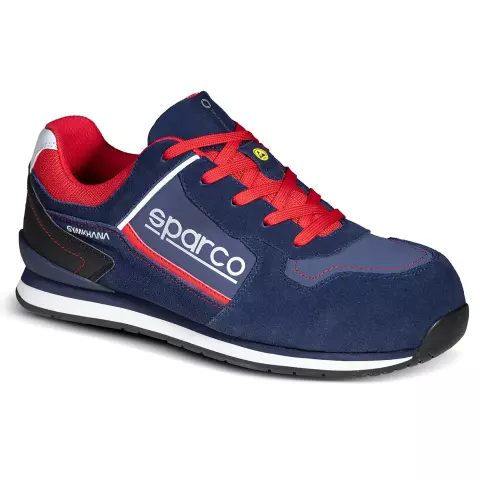
/pair

/package
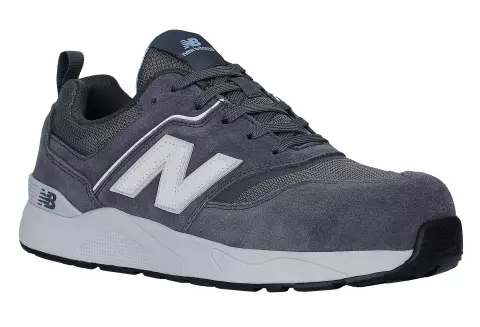
/package

/package

/package
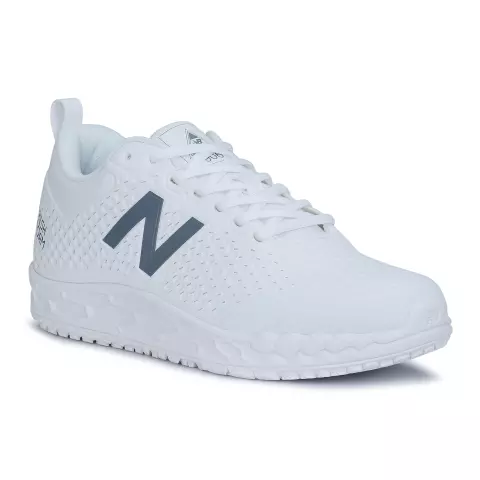
/package

/package

/pair

/package

/pair

/package

/pair

/pair
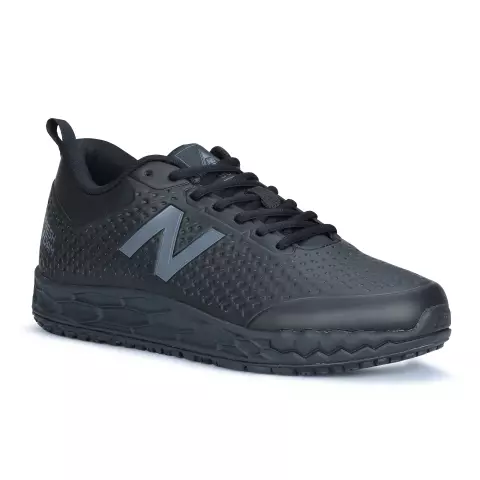
/package
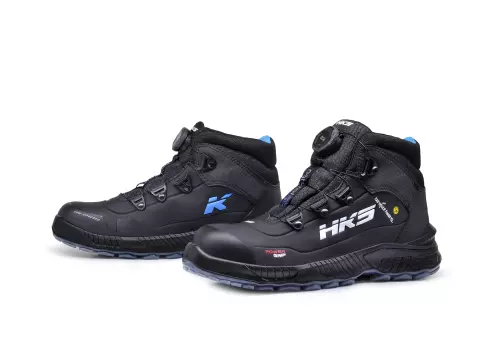
/pair
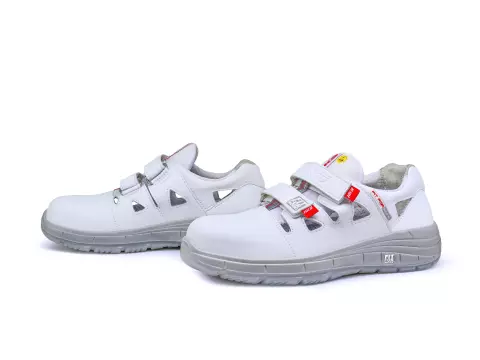
/pair

/package
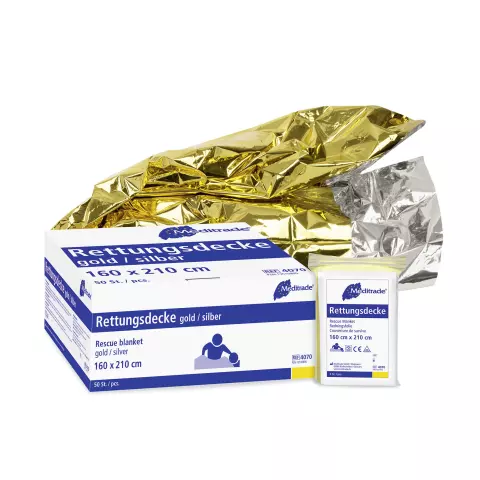
/package
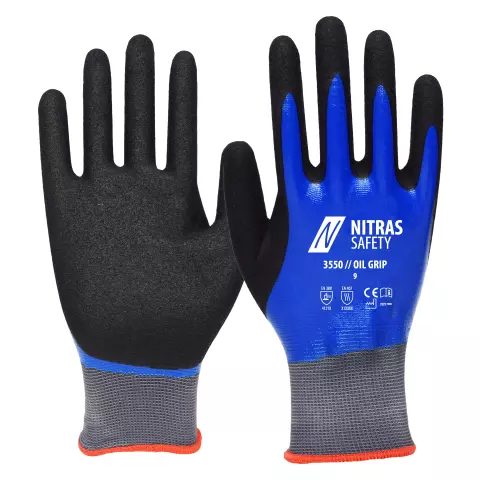
/package
Practical Tip: Choose heavy-duty plastic bags for construction or industrial waste. For household use, opt for thinner options to save costs.
Biodegradable bags are designed to break down faster than regular plastic when exposed to sunlight, air, and moisture. Depending on environmental conditions, this process can take anywhere from a few months to a few years, which is significantly faster than traditional plastic. They are often made from plant-based materials or treated plastics.
Learn more about biodegradable options here.
Practical Tip: Use biodegradable bags for dry or light waste, such as office paper or garden trimmings.
Compostable bags are made from natural materials like cornstarch and are designed to break down into non-toxic components in composting conditions.
Home composting typically involves slower breakdown processes suitable for smaller amounts of organic waste, while industrial composting provides the high heat and controlled conditions necessary for faster and more thorough decomposition.
Practical Tip: Pair compostable bags with green waste bins for efficient organic waste disposal. Learn more about compostable materials here.
| Feature | Plastic | Biodegradable | Compostable |
| Durability | High | Moderate | Low to Moderate |
| Environmental Impact | High | Moderate | Low |
| Cost | Low | Moderate | High |
| Best For | Heavy and wet waste | Light and dry waste | Organic waste |
When selecting a garbage bag, consider the type of waste, your environmental goals, and budget:
Explore a wide range of garbage bags in our product category.
Garbage bags are often used alongside cleaning products like surface cleaners and industrial cleansers. Explore these categories:
For detailed buying guides, check out:
As a European consumer, you can make an impactful choice by prioritizing biodegradable or compostable bags. Check local waste management guidelines to ensure proper disposal and recycling practices. Resources like Decoding Biosphere provide valuable insights into the benefits of eco-friendly garbage bags.

/package

/package

/package

/package

/package

/package

/package

/package

/package

/package

/package

/package

/piece

/package

/pair

/pair

/package

/package

/package

/package

/package

/pair

/package

/pair

/package

/package

/package

/pair

/pair

/package

/piece

/package

/package

/package

/package

/pair

/package

/package

/package

/package

/package

/package

/pair

/package

/pair

/package

/pair

/pair

/package

/pair

/pair

/package

/package

/package
We hope this guide has been helpful in understanding the key factors for choosing the right garbage bag, from material types to their environmental impact. Whether you’re managing heavy-duty waste or looking for eco-friendly options, we’re here to support your needs.
Explore our full range of garbage bags at Droppe, where trusted brands and various options are just a click away.
Have questions or need advice on selecting the perfect bag for your waste disposal? Don’t hesitate to reach out—we’re always here to help you make informed choices with confidence.
– The Droppe Team
Yes, biodegradable bags break down faster than plastic, reducing long-term environmental impact, but they still require specific conditions to decompose effectively.
No, compostable bags need to be disposed of in composting systems to break down properly. They are not suitable for regular waste disposal.
Select a bag size based on your bin’s dimensions and the type of waste you’re disposing of. Most bags have size recommendations on the packaging.
Plastic bags are recyclable in some places, but they often require specialized recycling facilities. Always check local guidelines.
Yes, compostable bags typically cost more than plastic or biodegradable bags due to their sustainable production process.
Thank you! You've signed up for our newsletter.



















Maintaining clean business premises is not just about appearance—it enhances employee well-being, creates a professional environment that delights customers, and...

Not sure which cleaner is best for your floors? This article will provide you with all the information you need...

Choosing between solvent-based and water-based industrial cleansers can be tricky, but we’re here to make it easier. In this article,...

Maintaining clean business premises is not just about appearance—it enhances employee well-being, creates a professional environment that delights customers, and...

Not sure which cleaner is best for your floors? This article will provide you with all the information you need...

Choosing between solvent-based and water-based industrial cleansers can be tricky, but we’re here to make it easier. In this article,...
Get 10€ off on your first order!
Save 30% by buying directly from brands, and get an extra 10€ off orders over €100
Save 30% by buying directly form brands, and get an extra 10€ off orders over €100